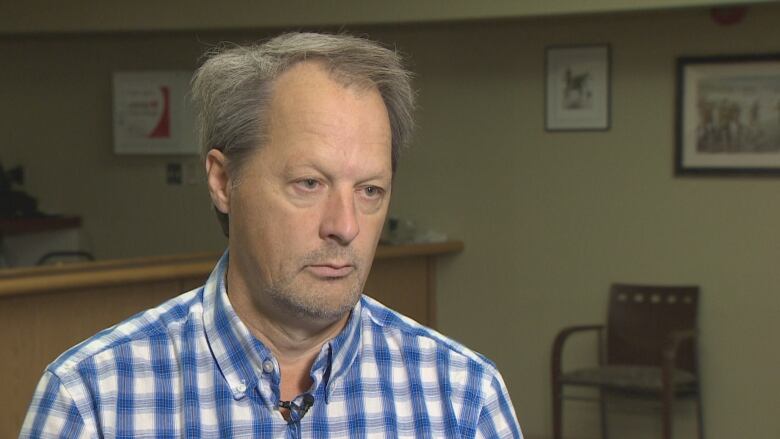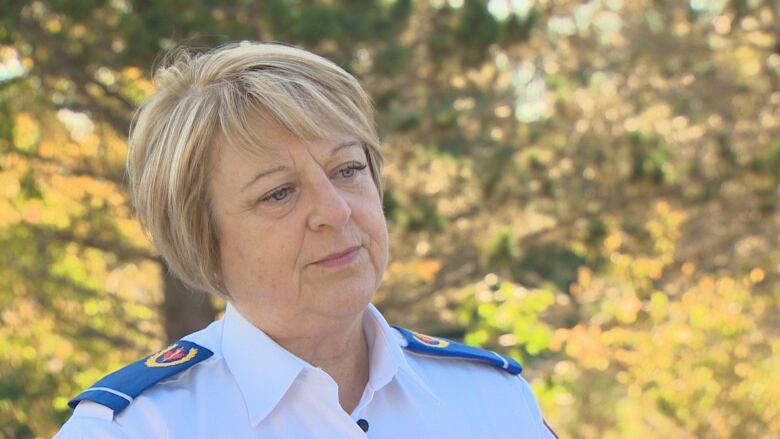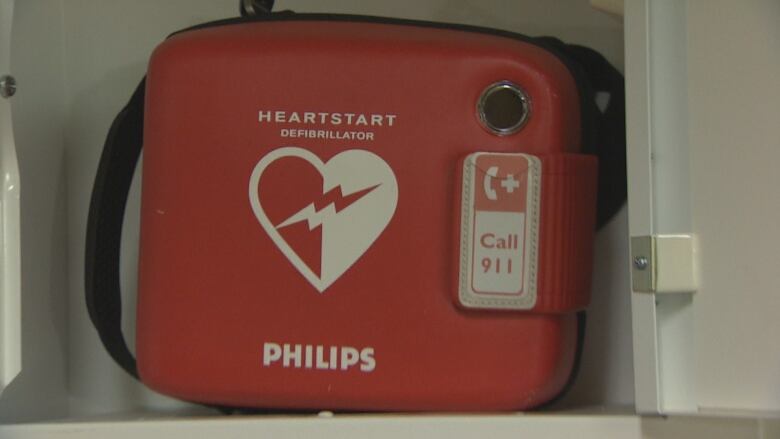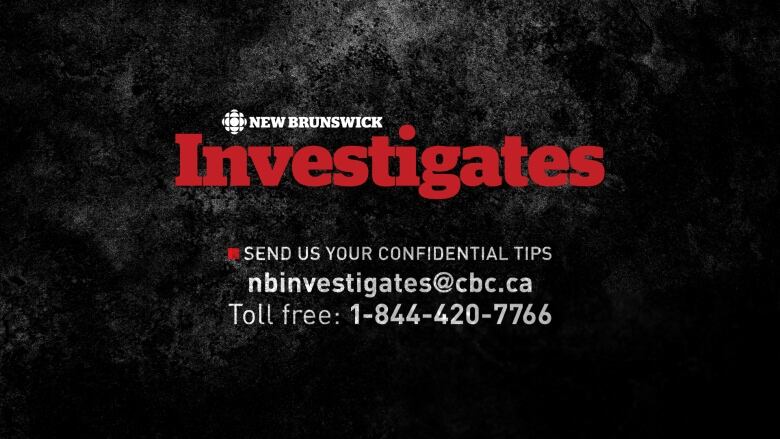Defibrillators should be easier to find, cardiac arrest survivor says
An untold number of defibrillators aren't registered with 911 services in New Brunswick

A New Brunswick man who survived cardiac arrest wants to make it to be easier to find a public defibrillator.
Kevin Kyle was at a curling tournament in Moncton earlier this year when he went into cardiac arrest and collapsed.
Several bystanders,including a doctor and retired paramedic, leapt into action and used a nearby portable defibrillator to save his life.
"I was very lucky that they knew right where it was," Kyle said.
- A defibrillator was nearby when his heart stopped not even 911 knew where it was
- Trying to get defibrillators into the right hands when it matters most
The defibrillator at the curling club was on a registry maintained by Ambulance New Brunswick.
But a CBC News investigation has foundmany defibrillators across Atlantic Canada are not registered, meaning 911 dispatchers don't know where to find them.
Even if they are registered, the software isn't configured to show dispatchers the closest public defibrillator. They can only see if a defibrillator is registered at the address where the emergency is happening.
Kyle would like to be able to open up his phone and see where the closest public defibrillator is located.
"The first step would be some leadership, somebody taking ownership of it," he said.
Look up your nearest defibrillator
More than 530 addresses have registered defibrillators with Ambulance New Brunswick. It costs $100 for each address that's added to the registry.
The list isn't shared anywhere publicly. But CBC News has obtained a copy through freedom of information legislation.
It isn't mandatory to register your defibrillator in New Brunswick.
That means there are an untold number of defibrillators out there that aren't known to 911 operators.
Mary Lou Price with Ambulance New Brunswick runs the registry program.
She said the program runs well as it is now. Since 2014, at least 13 people have been saved by bystanders who used public defibrillators.
But she would like to see legislation that makes it mandatory to register a defibrillator.
"It can be frustrating," she said, referring to the idea there are some defibrillators that have not been registered.
"But hopefully by public education and getting the word out there, people will realize there's a program."

The organization would also support legislation making it mandatory for other businesses and organizations to register their defibrillators, according to Heart and Stroke Foundation of New Brunswick spokesman Sean Payne.
No national guidelines
Public defibrillators are scattered in rinks, schools and other public buildings across the country.
But there are no consistent guidelines for how the devices should be managed and nonational registry of public defibrillators.
Steven Brooks, an emergency physician who researches cardiac arrest and resuscitation, would like to see national guidelines for public defibrillators.
"They're currently placed in public settings, public buildings, often quite a distance far from the homes, and people are just not aware of where they are," Brooks said.
"And neither are emergency dispatchers."

When the heart stops beating, a person's chance of survival decreases with every minute that passes.
"Unless the bystanders do CPR, at the very least, and think about an AED, the person's chances of survival are really low," Brooks said.
Nova Scotia has begun rolling out software that will alert the owner of the nearest defibrillator and have them rush the device to the scene of the emergency.
A new Prince Edward Island registry is expected to do the same thing when it rolls out, using the same software.
But there aren't any immediate plans to change the way things work in New Brunswick.
"It may be something that's in the future," said Price, with Ambulance New Brunswick.
"But the way the program we have it set up right now, currently works very very well."

With files from Elizabeth McMillan












_(720p).jpg)


 OFFICIAL HD MUSIC VIDEO.jpg)
.jpg)



























































































